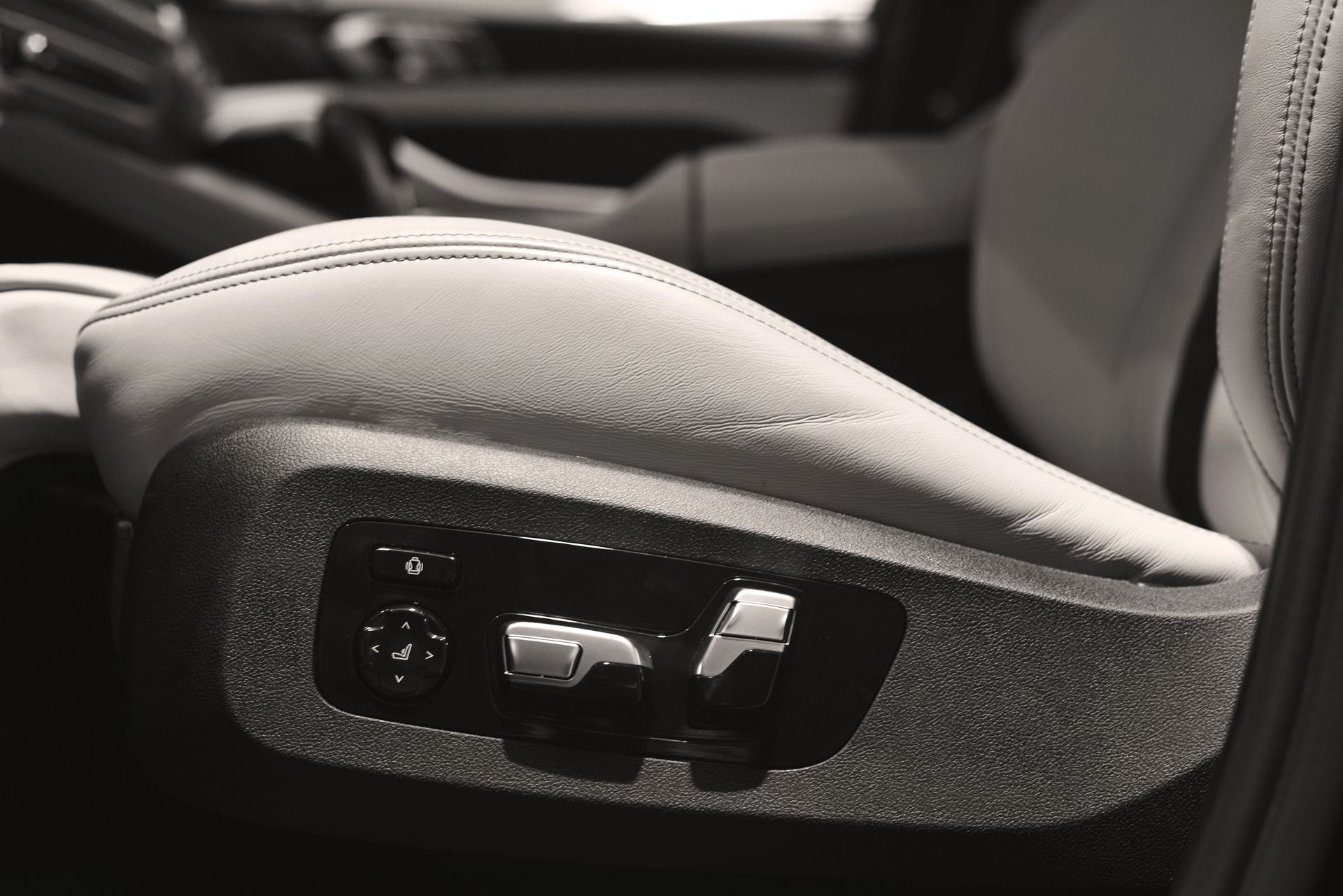What Are Engine Diagnostics & Are They Important?
When driving a car, warning lights may unexpectedly appear on the dashboard. This means that the car is trying to bring information to the driver - whether it's a minor or complex issue, this is your vehicle's way of communicating with you.
Engine diagnostics are a powerful service, performed in these exact situations because of a few reasons that we will share below.
What Are Engine Diagnostics?
Engine diagnostics involve using advanced technology to communicate with your car's computer system. This process retrieves data and error codes to identify any issues within the engine or systems it depends on. Diagnostic tools, typically used in auto repair shops, connect to the onboard computer system, accessing a wide range of information about the engine's health and performance.
Why Are Engine Diagnostics Important?
Let's expand on the importance of engine diagnostics with more detail - here the three reasons behind the importance of engine diagnostics:
Early Problem Detection
This technology is like a smart detective; it picks up on issues that might not be immediately noticeable. It's capable of uncovering hidden problems within the engine, like minor glitches or wear and tear, before they turn into big, expensive headaches. Catching these issues early can save you not just a significant amount of money in repairs but can also prevent situations that might compromise your safety on the road.
Accurate Repairs
Engine diagnostics are all about precision. When your car's engine encounters a problem, the cause behind it might be confusing. Here's where diagnostics step in – they act like a GPS, guiding the mechanic to the exact location of the issue. This targeted approach means mechanics can directly address and resolve the root cause of the problem without unnecessary guesswork or replacing parts that are in perfect condition.
Maintenance and Performance
Engine diagnostics performed on a regular basis are just like routine health check-ups. Just as these check-ups keep you in good shape, diagnostics keep your vehicle performing at its best. They help ensure that every aspect of your engine – from the fuel injector to the spark plugs – is in optimal working condition. This is crucial for maintaining your car's performance, ensuring it runs smoothly, efficiently, and reliably.
Are Engine Diagnostics The Same As ECU Diagnostics?
While engine diagnostics are often part of ECU (Engine Control Unit) diagnostics, they are not entirely the same. The ECU diagnostics cover a broader range of vehicle functions beyond the engine, including: the transmission, brakes, exhaust system, and other electronic systems. Engine diagnostics specifically focuses on issues directly related to the engine and its immediate supporting systems.
When To Consider Engine Diagnostics
Consider engine diagnostics if:
- Check engine light is on - this is the most obvious sign that your car needs a diagnostic check.
- If you notice a decline in your vehicle's performance, such as reduced fuel efficiency, power loss, or irregular idling.
- Unusual sounds or odors coming from the engine can indicate a problem that requires diagnostics.
- It's a good practice to include engine diagnostics in your regular vehicle maintenance schedule.
For expert vehicle diagnostics and inspection procedures in Decatur and the surrounding area, contact us at MMR Automotive! We will be happy to have you in the shop and on the road, safer than before!










